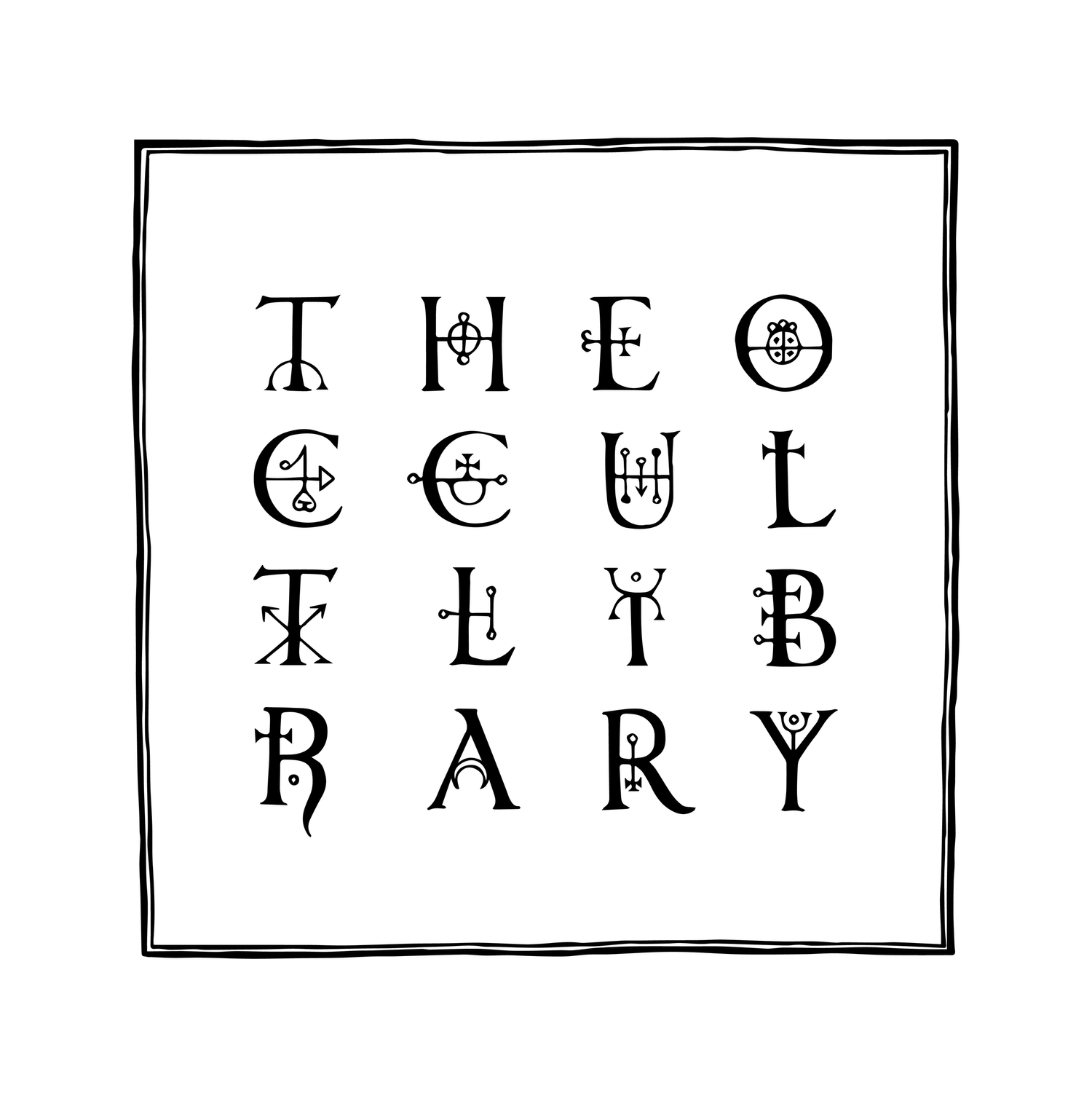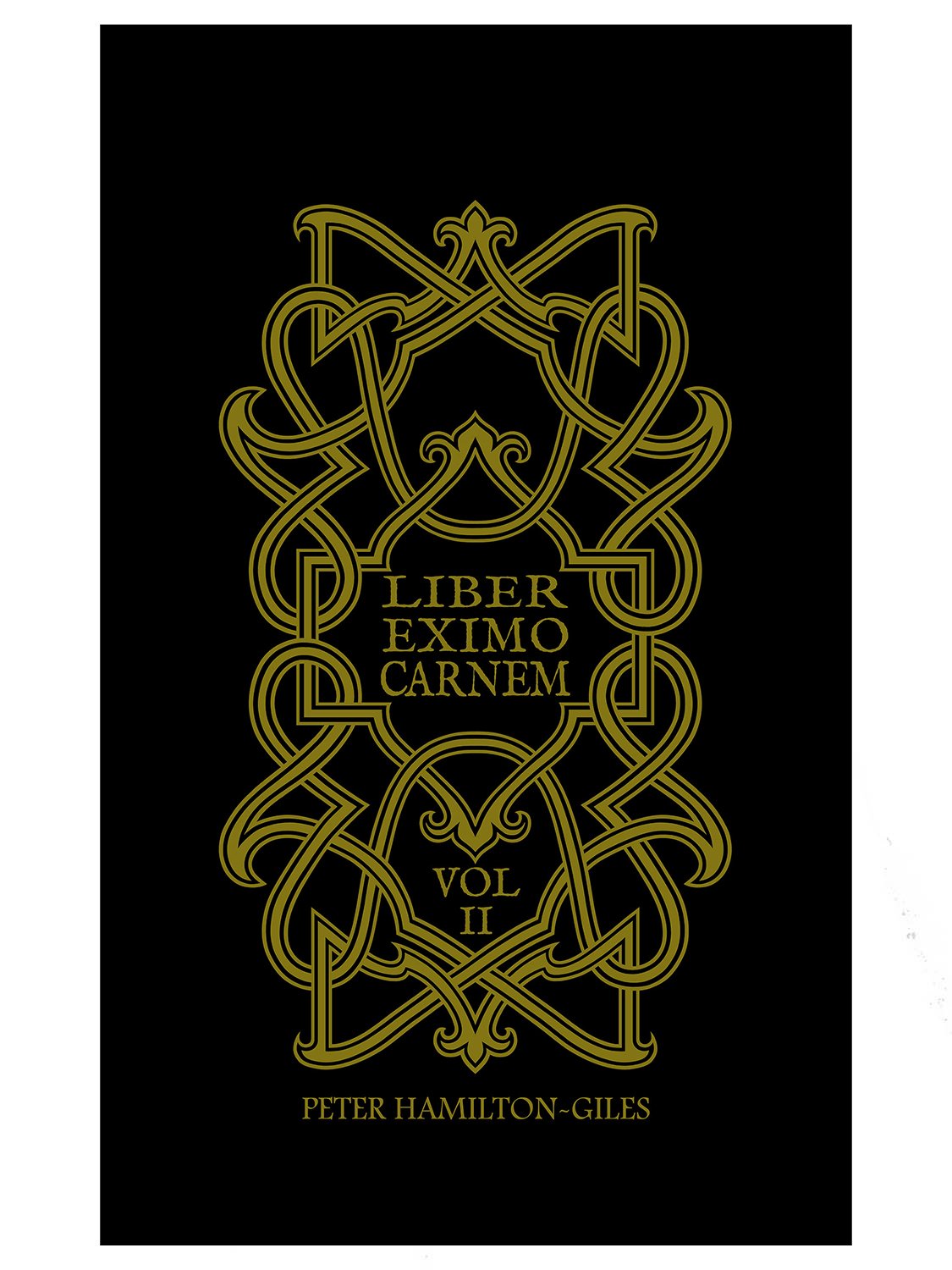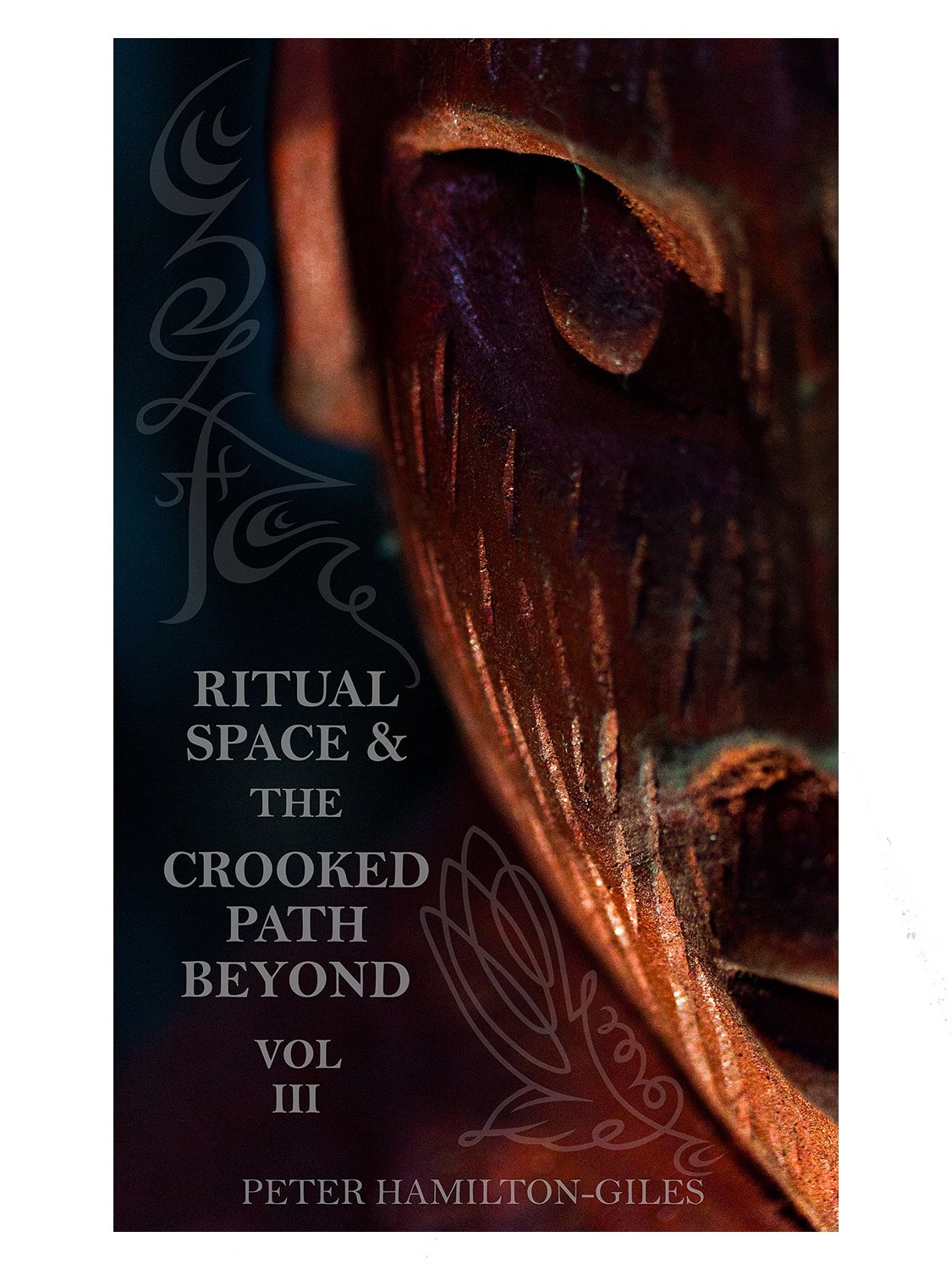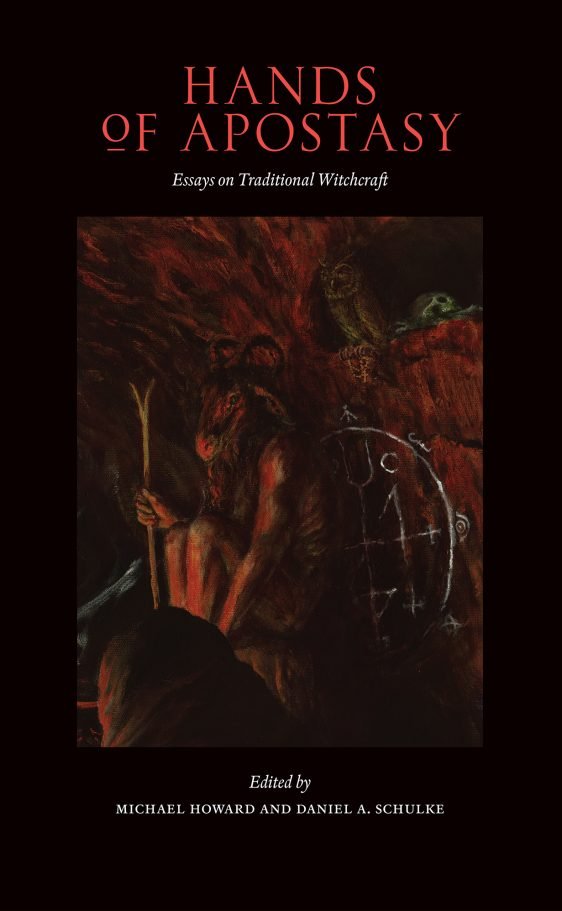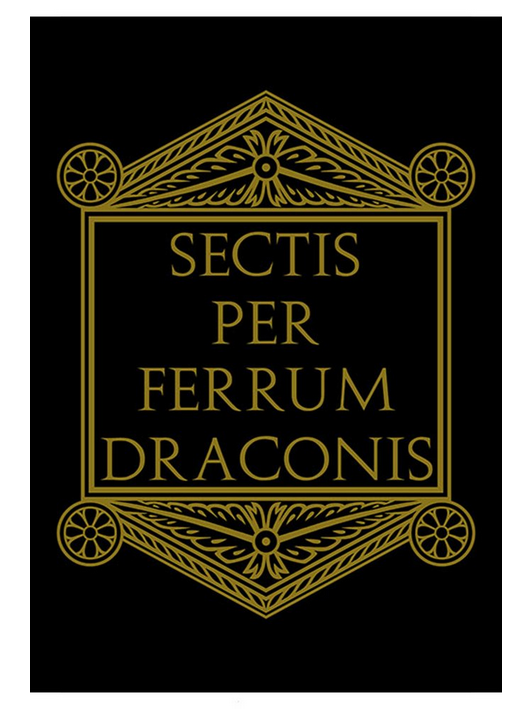Peter Hamilton-Giles
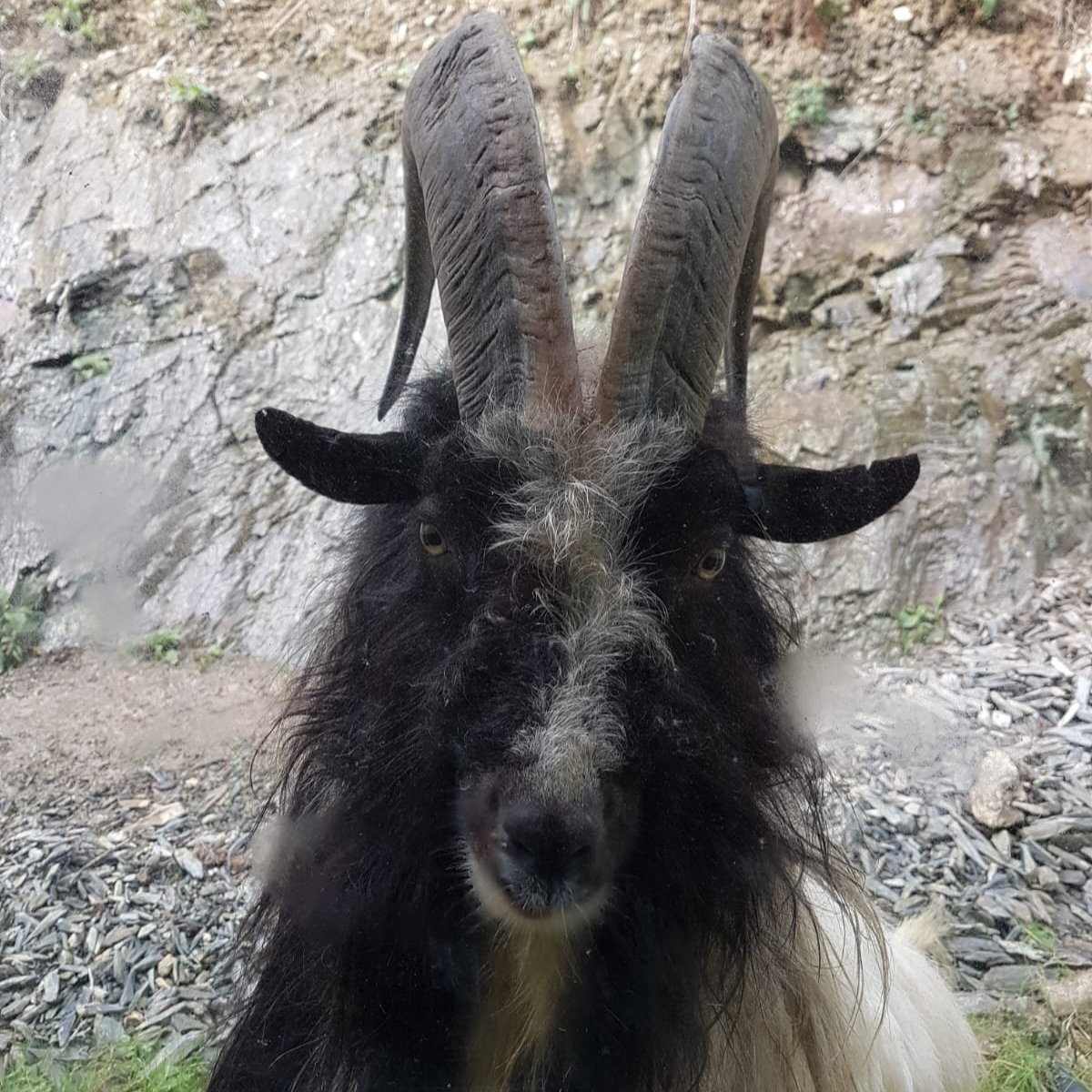
Peter Hamilton-Giles is an author and researcher of the esoteric, academically trained in anthropology and religious studies his primary interest is in occult philosophy. He is co-founder of the Dragons’ Column along with Andrew Chumbley. His first book was The Afflicted Mirror published by Three Hands Press in 2013, this was followed by The Baron Citadel also published by Three Hands Press in 2015, since then he has written two books for Atramentous Press, his first was The Witching-Other published in 2017 which was followed by Standing at the Crossroads in 2018. He is currently working on the long anticipated follow up to the Dragon Book of Essex (A.D. Chumbley, 2014), Book of the Black Dragon. His primary interests are in Phenomenology and Hermeneutics and how these apply to an occult context.
Publications
In Volume 2 of Liber Eximo Carnem: The Enchiridion for Summoning Familiars of the Proklosis Ring, the sorcerer continues to guide the initiand through a range of actions and interactions with the intention of gradually intensifying every point along the Proklosis Ring.
Codex Ad Limina marks a further expansion of themes addressed in Volume 2 of Book of the Black Dragon. In this volume the author delves into the role the Black Bull has as a totem for the sinistral horn daemon emissary.
The thinking behind wanting to explore this particular title came from the realisation that all magic is fundamentally obscured by physical presence, though it must also be said this is just one way of looking at the relationship.
In this volume we endeavour to explore the relationship we have between a ritual space and our imagination. The premise upon which this book is built proposes a ritual space is demarcated through imagination, as it is this which leads to eventual spirit encounters.
Old-style Craft, also known as traditional witchcraft, endures as a distinct body of archaic magical practices in present-day Britain, North America and Australia. Originally nameless, such bodies are related to a variety of historical magical streams, most notably the practices of the Grimoires or ‘black books’, folk-healing, and popular magic of the early modern era.
Accompanying the Liber Eximo Carnem, a small prayer book is presented to those who wish to walk into the grave of their own unmaking.
The primary focus is on crossing the threshold and the candidate being led blindfolded and bound to the chamber of his/her unmaking. Much of what is being written here relies on the vignette of becoming undone and therefore unmade.
A shared feature of genuine magical practice and religious experience is the impression of ‘Otherness’, an entic arena of alienation and unfamiliarity. Contrasted with the more comfortable and known spheres of the Self, this ‘state apart’ provides not only inspiration and wonder, it is the dwelling-place of the gods and the prime source of gnosis, direct experience with the divine.
Vestigia Ater Draconis is comprised of a 52 stanza incantation reifying the initiatory path issued from the auspice of the sinistral horn, scribed by Peter Hamilton-Giles. Each stanza is paired with an emission of imagic intent wrought by the hand of Carolyn Hamilton-Giles.
Volume 2 of Ritual Space and the Crooked Path Beyond contends absence has a causal effect on how a ritual space is constructed.
Codex Ad Limina marks a further expansion of themes addressed in Volume 2 of Book of the Black Dragon. In this volume the author delves into the role the Black Bull has as a totem for the sinistral horn daemon emissary.
The topic of ritual space is something that many of us are involved with, we may feel entrenched, or that we have succumbed to unspoken forces, we may on the other hand use it to express belonging while at the same time propitiating our sense of Otherness, and yet dynamics informing how we apprehend ritual space have for the most part gone unnoticed.
The Baron Citadel sets out preparatory rituals leading up to the making of the Crossroads. Unlike any other working text, this grimoire also engages with introspective contours for optimising successive ambulatory steps across various stakes (points).
Taking the idea of absence as discussed in previous volumes, the point for this volume focusses on the sinistral horn, this being the left horn of the Black Dragon. Returning then to similar themes mentioned in Volume 1, having already addressed the notion of the ritual ground as defined by Codex Althaeban Malik, allows the Headless One to pursue the idea of becoming detached.
Codex Althaeban Malik is perhaps considered the most complicated book in the Black Dragon series so far. It addresses three primary issues, the idea of the Proklosis Ring as the open ground, the distribution of the first sorcerer’s name upon the ground as an emblem of intent, and the extending of points by using each letter to traverse lines of intersection as a way of communicating with the shadow of ourselves Althaeban Malik.
Setting the stage for the Black Dragon began by discussing the context in which the Black Dragon is encountered. Using the same schema as the one used in the Dragon Book of Essex, the written word moves across ‘power’ points or crossroads, these being body parts of the Black Dragon.
Truth is based on censoring that which might undermine alternative rationales, and so it is with how the existential witch has been accommodated by practitioners as the icon for folk based practices.
To propose there is something ‘other’ to the witch might seem counter-intuitive, especially so since conjugating the witch into witching suggests particular agentive actions and decisions have already been made about the topic.
This first volume, borne from ideas that came to light while communicating with each other, looks at the notion of absence and the first word to be spoken: the alogos. Largely in response to the work of Chumbley and Azoetia, the first word is commonly referred to as the announcement of Self: I.
This substantial work expounds the sorcerous ethos and praxes of the Crooked Path ritual system. Its contents include a cycle of ten extensive Mystery-rites, each accompanied by adjunctive solitary rituals and detailed commentaries.
